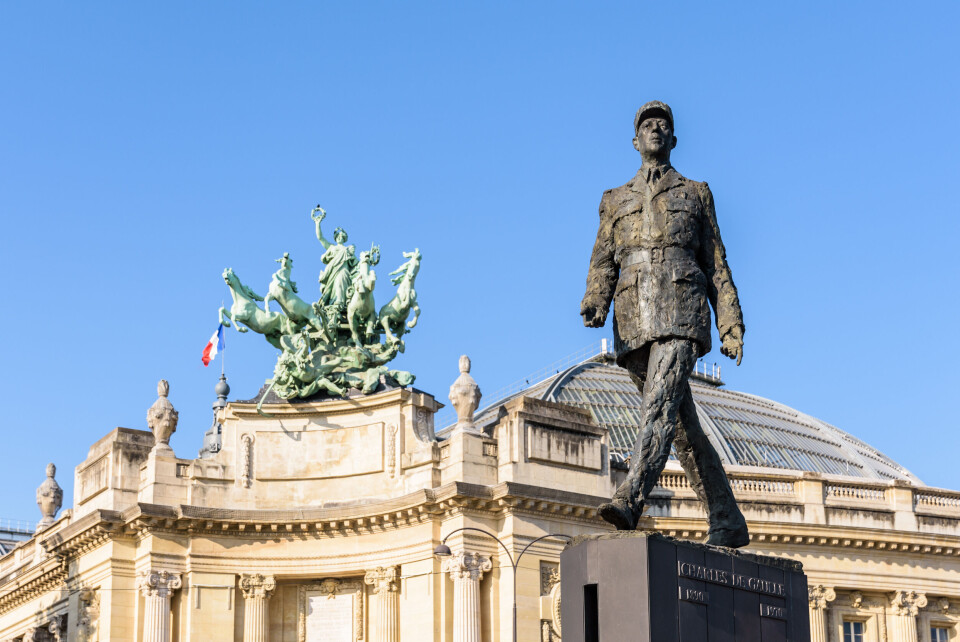-
US ambassador in France snubs official summons over controversial social media post
It is the second time Charles Kushner has failed to attend a summons from the French Foreign Ministry
-
Can you vote by proxy in French elections?
French and EU citizens are eligible to vote in municipal elections
-
Plans for new French youth worker contract that makes firing easier criticised
Union compared proposals to controversial ‘CPE’ contract plans that sparked major protests
Could France soon have a Sixth Republic?
I have heard that we may soon have the end of the Fifth Republic. What will change if there is a new republic – how is this decided and by whom? GT

The current political regime in France dates from 1958 and grew out of the crisis of the Algerian War.
It has lasted much longer than the immediately previous entities.
These were the Fourth Republic (1946-58, just under 12 years); provisional government of the French Republic (an interim government from 1944 to 1946); the French Committee of National Liberation (1943-44); and Free France (1940-43).
In parallel, there was also the “French State” of Marshal Pétain, known as Vichy France, when France was under Nazi control from 1940 to 1944.
The Fifth Republic has therefore been especially stable in comparison, though it has yet to equal the Third Republic, which lasted 69 years from 1870 to 1940.
The Fifth Republic is run according to a constitution dating from October 1958, which was approved by a referendum and was established by Charles de Gaulle, its
first elected president.
It is characterised by a strong central government and a powerful role played by the president, whose legitimacy is underlined by the fact that he or she is elected by the public, for a period that also coincides with that of the National Assembly (since a reform in 2002). Critics say the parliament is too weak.
Several surveys at the time of the last presidential elections in 2017 found that a majority of people favoured a sixth republic. Another in October 2018 found most people did not feel “attached” to the current one.
The gilets jaunes brought a further sense that the time may be due for change.
The traditional basis of a new republic would be for an assemblée constituante to be formed, tasked with drawing up a new constitution. The constitution lays out fundamental rules on how the state is organised.
The most likely way for this to happen, says C6R, a group calling for a new republic, is for a president to be elected who is favourable to it, and if the majority of MPs, having stood on a platform of constitutional reform, are also in support.
There should then be a referendum on the main principles of a proposed change of regime, says C6R. The national assembly would then take on the “constituent” role in working out the new constitution, along with public debates on the process.
Another referendum should then ratify the final text.
Among current political leaders, far-left politician Jean-Luc Mélenchon is in favour of a change of regime – he says he opposes the current “presidential monarchy”. It was also backed by previous Socialist Party leader Benoît Hamon. It is not the first time the idea has come up as it was proposed by the Socialists in the elections of 2007.
It is probably an exaggeration to say it is likely to happen soon, especially as the gilets jaunes crisis appears to have calmed down when compared to the start of the year.
























